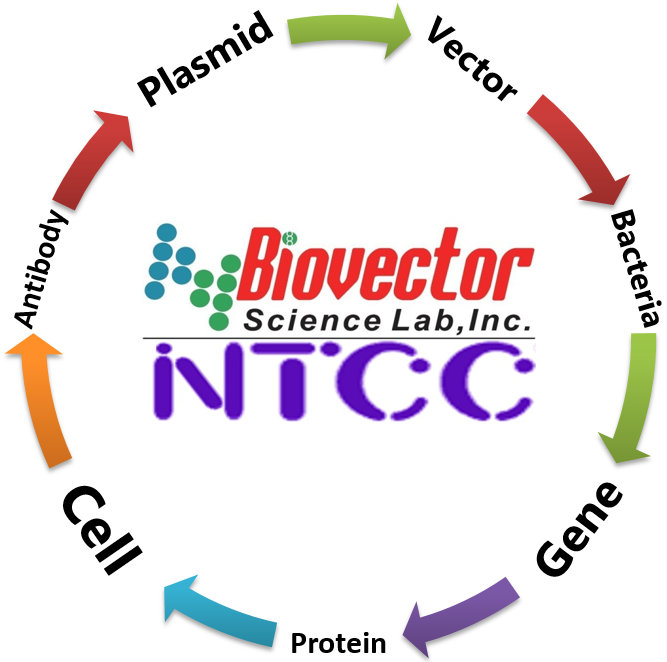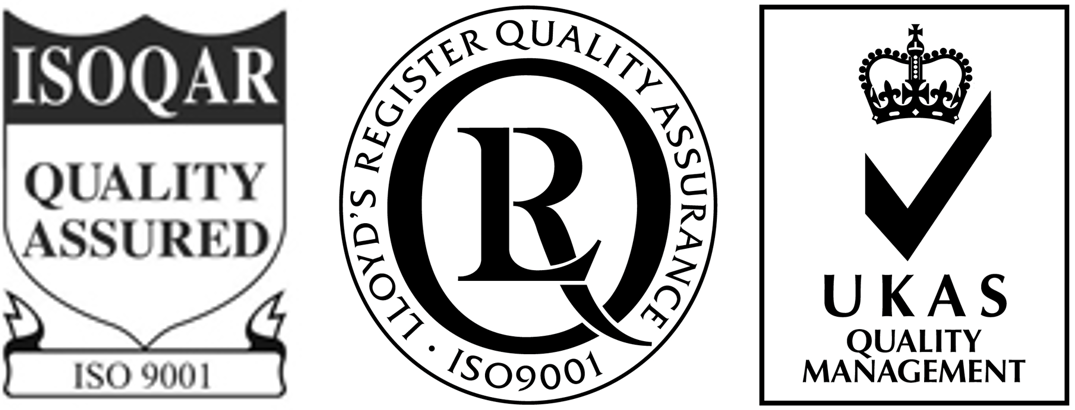- BioVector NTCC典型培养物保藏中心
- 联系人:Dr.Xu, Biovector NTCC Inc.
电话:400-800-2947 工作微信:1843439339 (QQ同号)
邮件:Biovector@163.com
手机:18901268599
地址:北京
- 已注册
BL21-CodonPlus™ Competent Cells*
High-level expression of difficult heterologous proteins
Eliminate additional procedures to express recombinant genes that encode rare codons
Contain extra copies of the genes that encode tRNAs for codons in E. coli that are rarely used
BL21-CodonPlus-RIL cells contain extra argU, ileY, and leuW tRNA genes
BL21-CodonPlus-RP cells contain extra argU and proL tRNA genes
Methionine auxotrophs available
Optimal Expression Host
The BL21 series of E. coli hosts are often the first choice for protein expression. They are protease deficient and designed for high-level protein expression from T7 RNA polymerase-based expression systems‡‡. Derived from E. coli B, these strains naturally lack the Lon protease and are engineered to be deficient for the OmpTprotease. The Lonand OmpTproteases found in other E. coliexpression hosts may interfere with the isolation of intact recombinant proteins. Thus, the BL21 cell line and its derivatives are the only commercially available E. coli hosts specifically designed for high-level protein expression.
Rare Codons and Protein Production
Expression of heterologous recombinant genes in E. coli is difficult when the codon use in the recombinant gene differs from the codon use in the host cells. Forced high-level expression of a gene with codons that are rarely used by E. coli causes depletion of the internal tRNA pools. This is called codon bias. Translation of the recombinant RNA is delayed, resulting in degraded proteins or codon substitutions and misincorporations that destroy the functional characteristics of the protein.
This problem has been most thoroughly documented for the arginine codons AGA and AGG, which are the rarest codons in E. coli. However, codons for isoleucine (AUA), leucine (CUA), and proline (CCC) are also known to affect the amount and quality of protein produced in E. coli hosts. The typical solutions for expressing recombinant genes with codon bias are time consuming and tedious: synonymous replacement of rare codons with more frequently used codons or moving the gene of interest into a eukaryotic expression system.
Rescuing Expression of Heterologous Genes
To help solve the issues related to codon bias, Stratagene has created the BL21-CodonPlus™ series of strains. These cells are variants of the BL21-Gold cells* and contain extra copies of rare E. coli tRNA genes. This modification allows for high-level expression of many proteins that are difficult or impossible to express in conventional E. coli hosts due to the presence of rare codons.BL21-CodonPlus™ -RIL chemically competent cells carry extra copies of the argU, ileY, and leuW tRNA genes. The tRNAs encoded by these genes recognize the AGA/AGG, AUA, and CUA codons, respectively. The presence of these additional tRNA genes resolves the issue of codon bias for organisms whose genome is AT rich. However, in GC-rich genomes, rare arginine codons (AGG/AGA) and the proline codon (CCC) most frequently affect bacterial expression of genes. For reliable protein expression from GC-rich genomes, BL21-CodonPlus-RP cells contain extra copies of the argU and proL tRNA to rescue expression of genes restricted by either AGG/AGA or CCC codons.
Six derivatives of BL21-CodonPlus competent cells are now available for different levels of expression control with T7 promoter-driven vectors, such as the Affinity® pCAL vectors and the pET vectors. The BL21-CodonPlus(DE3)-RIL and BL21-CodonPlus(DE3) -RP competent cells are an all-purpose strain for high-level protein expression and easy induction with IPTG. When used with the CE6 bacteriophage, the BL21-CodonPlus-RIL and and BL21-CodonPlus-RP cells provide the tightest control of protein expression, important for extremely toxic proteins. In addition, the BL21-CodonPlus-RIL and BL21-CodonPlus -RP cells are excellent hosts for non-T7 RNA polymerase expression systems. The BL21-CodonPlus(DE3)-RIL-X and BL21-CodonPlus-RP-X cells are methionine auxotrophs for metabolic labeling.
* Patent pending
Genotypes:
BL21-CodonPlus-RIL straina : E. coli B F– ompT hsdS(rB– mB–) dcm+ Tetrgal endA Hte [argU ileY leuW Camr]
BL21-CodonPlus(DE3)-RIL straina: E. coli B F– ompT hsdS(rB– mB–) dcm+Tetrgall (DE3) endA Hte [argU ileY leuW Camr]
BL21-CodonPlus-RP straina: E. coli B F– ompT hsdS(rB– mB–) dcm+ Tetrgal endA Hte [argU proL Camr]
BL21-CodonPlus(DE3)-RP straina: E. coli B F– ompT hsdS(rB– mB–) dcm+Tetrgal l (DE3) endA Hte [argU proL Camr]
BL21-CodonPlus(DE3)-RIL-X straina: E. coli B F– ompT hsdS(rB– mB–) dcm+Tetrgall (DE3) endA Hte metA::Tn5(Kanr) [argU ileY leuW Camr]
BL21-CodonPlus(DE3)-RP-X straina: E. coli B F– ompT hsdS(rB– mB–) dcm+Tetrgal l (DE3) endA Hte metA::Tn5(Kanr) [argU proL Camr]
aThis strain, a derivative of E. coli B, is a general protein expression strain that lacks both the Lon protease and the OmpT protease, which can degrade proteins during purification.
The Dcm methylase, naturally lacking in E. coli B, is inserted into the genome.
REFERENCE
Carstens and Waeshe (1999) Strategies 12: 49-51.
Table:Rarest Codons (from E. coli) Preferred by Selected Organisms
this link will open a new window (15k)
Diagram:Expression of Recombinant Genes in Conventional BL21(DE3) and BL21-CodonPlus™(DE3) Cells
this link will open a new window (22k)
您正在向 biovector.net 发送关于产品 BL21-CodonPlus E.coli strains and Competent Cells 的询问
- 公告/新闻




